Posts
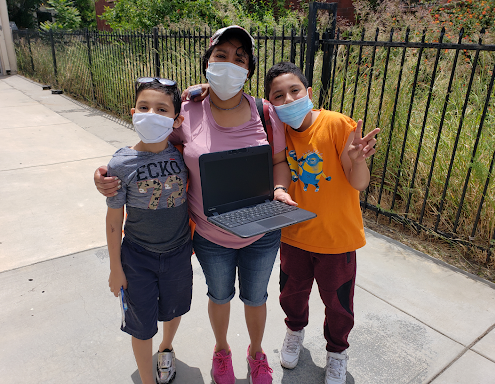
Janitor-Parent Experiences During the COVID-19 Pandemic
By Lucy González, Graduate Student Researcher; Sophia L.…
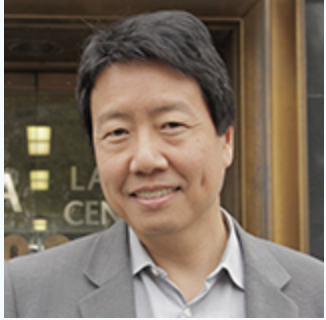
Clergy & Laity United For Economic Justice Honor UCLA Labor Center Director Kent Wong
UCLA Labor Center's Director Kent Wong, was recognized as one…
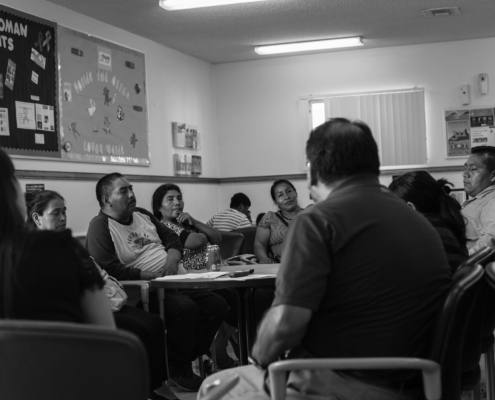
Lost in Translation “en el Fil”
by Sayil Camacho, Peabody College of Education and Human…
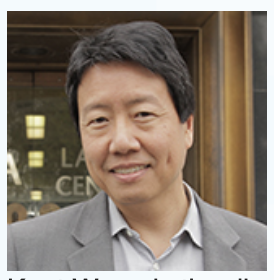
UCLA Labor Center Honored by the National Lawyers Guild of Los Angeles
On November 15, the National Lawyers Guild of Los Angeles honored…
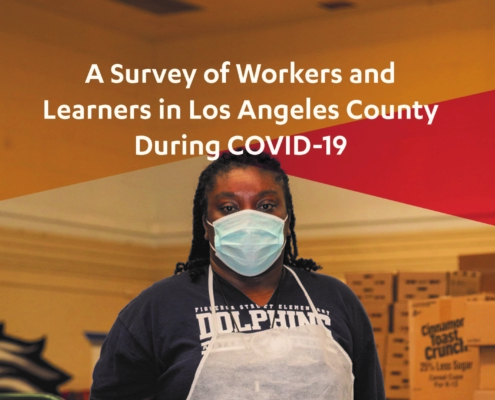
Workers and Learners’ Experiences in Los Angeles County
By Sophia L. Ángeles, Graduate Student Researcher; Janna Shadduck-Hernández,…

Nail Files: Low-Wage Work in the National Nail Salon Sector
By Preeti Sharma, Saba Waheed, and Vina Nguyen With the…
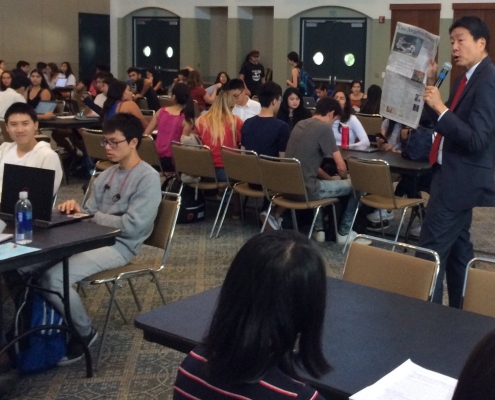
Students Participate in Collective Bargaining Exercise at UCLA
By Kent Wong Director, UCLA Labor Center The UCLA fall…
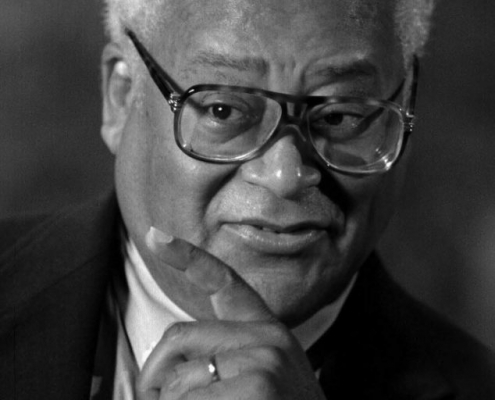
Celebrating Reverend Lawson’s Enduring Contributions at UCLA
By Kent Wong Director, UCLA Labor Center Rev. James…
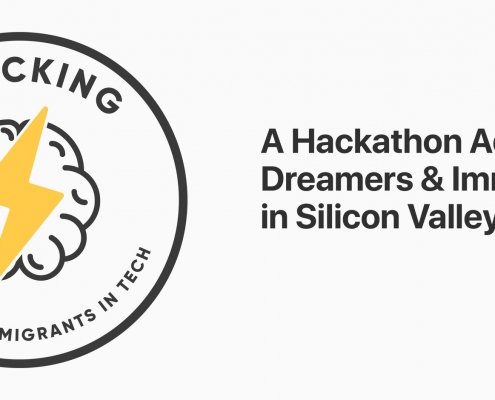
UCLA Dream Resource Center Sponsors Hackathon
By Kent Wong Director, UCLA Labor Center The UCLA Labor…

Undocumented Stories Exhibit Visits Museum of Latin American Art
By George Chacon Dream Resource Center Project Manager,…

